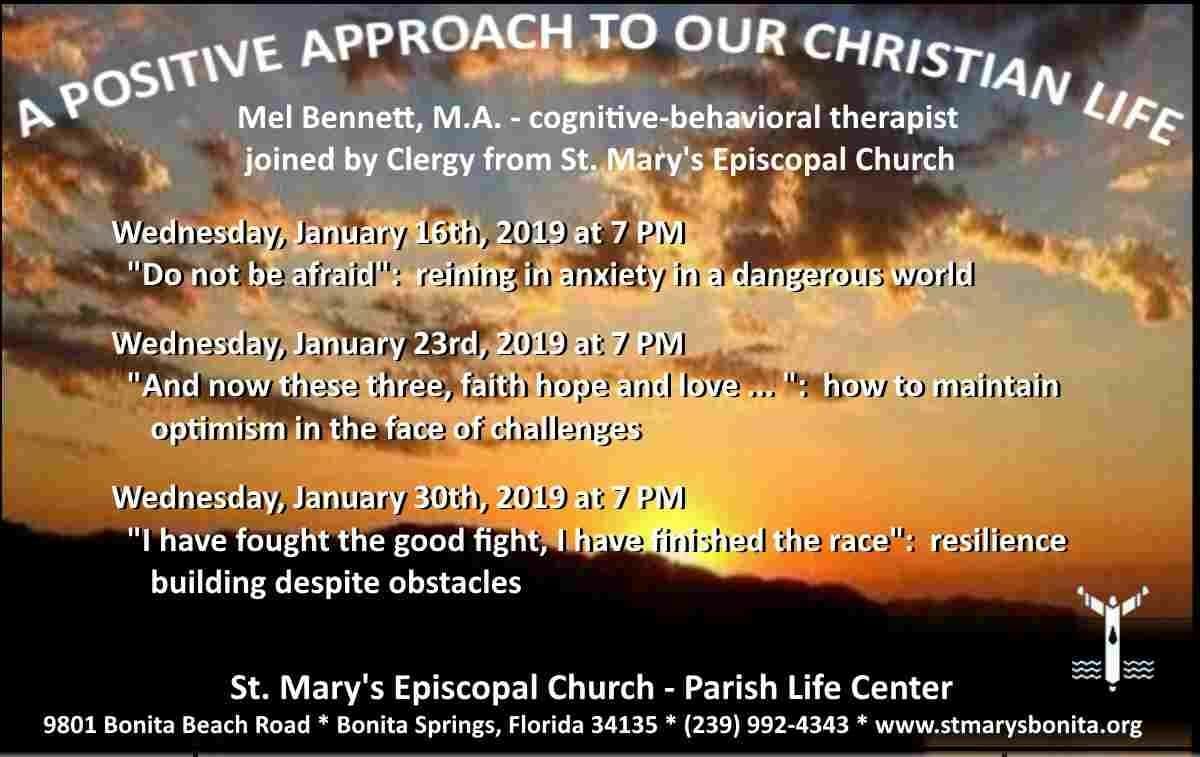A member of my church asked this question.
Do all infants, children, go to heaven since they don’t have the mental capacity to accept or reject Jesus Christ as their savior? This question can be extended to all humans who have never heard of Jesus Christ due to the limitations of our missionaries.
Thank you for this good question. Some subgroups within Christianity have given definitive answers to this sort of question, varying from “Only those who profess Jesus as Lord can be saved.” through to “God loves everyone and will not let anyone perish eternally.”
In general, however, the Church has been more agnostic on this question, in the strict sense that the full answer is probably unknowable for us.
We know positively that salvation is through faith in Christ and baptism into his body the church. We can count on this. We also know that without Christ we are lost which makes sharing the Good News urgently important. What about those who for one reason or another have been unreachable? We have no definitive answer but we do have grounds for hope.
Jesus Christ “harrowed hell” between his crucifixion and resurrection. As St. Peter writes, “For Christ also suffered for sins once for all, the righteous for the unrighteous, in order to bring you to God. He was put to death in the flesh, but made alive in the spirit, in which also he went and made a proclamation to the spirits in prison, who in former times did not obey,” (1 Peter 3:18-20). This suggests that those who have no real opportunity to respond to the Gospel in this life will have some opportunity to meet Christ and either accept or reject him in the next.
We know that it is God’s will to save the world and the people in it and God’s will is sovereign. On the other hand, in his sovereign freedom God has made human beings truly free so there is the real possibility of some completely rejecting God. At the angelic level we see this in the Devil and his fallen angels.
It may make a difference what metaphor we are using. If we imagine a throne of judgement in the end, as parts of scripture do, then it follows that extenuating circumstances can be offered before judgement is given.
On the other hand, if we imagine a mortal illness that requires saving medicine, then to plead that someone didn’t hear about the medicine or couldn’t get to it does no good. Those who lack the medicine die.
That brings us back to the matter of urgency. Just as medical people do everything in their power to bring healing care to the sick, so Christians (should) do everything in our power to bring the saving medicine of the gospel to those how need to hear it.
I hope this helps and would welcome your follow up questions.







Leave A Comment